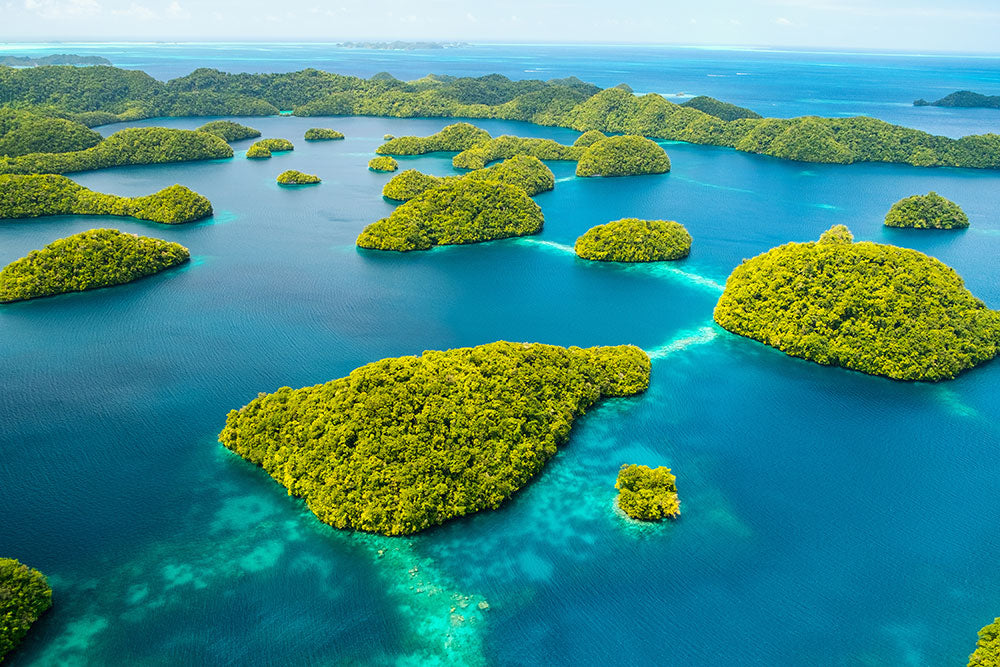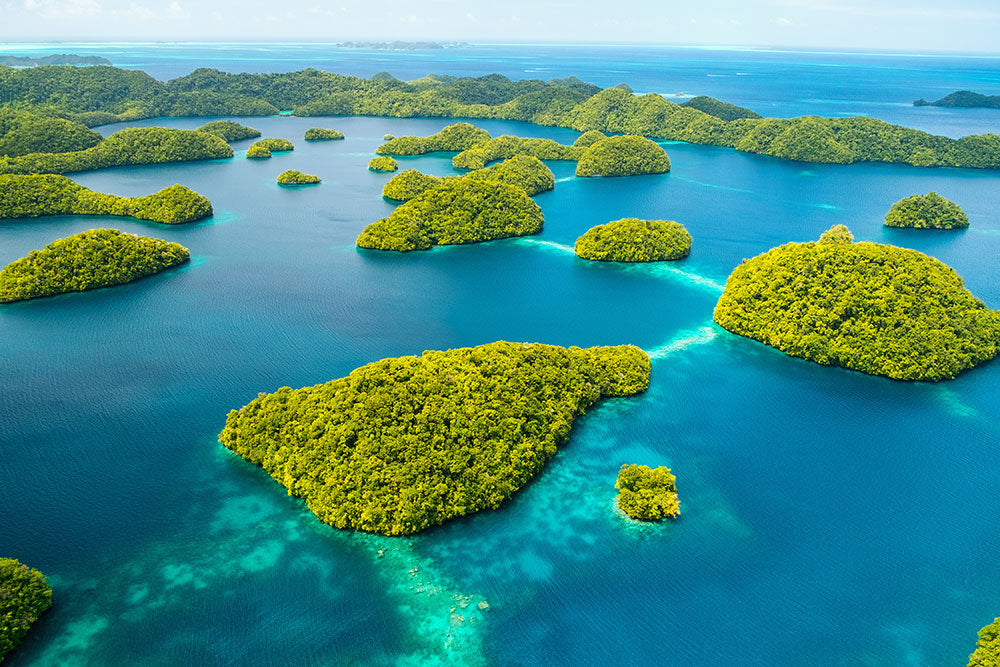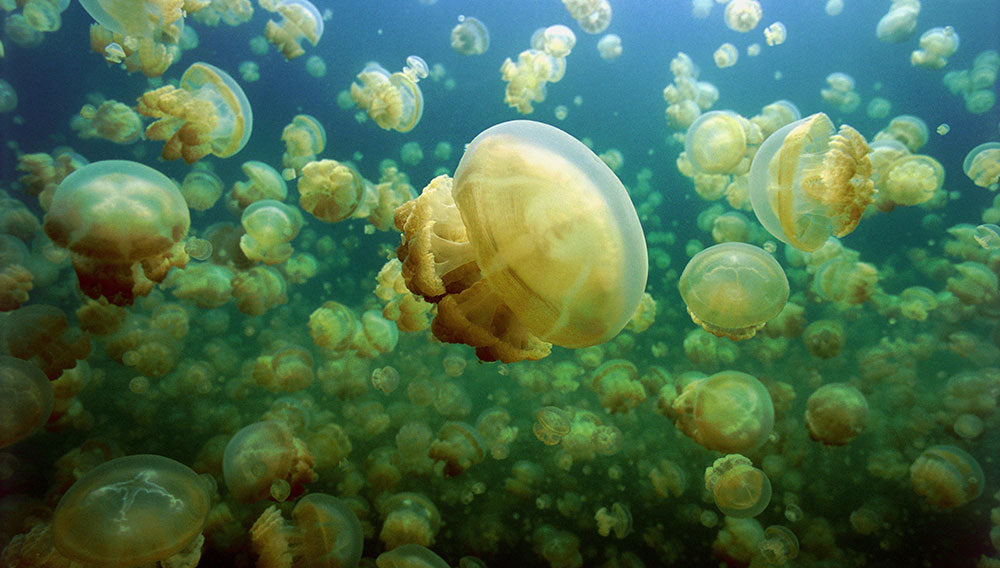Palau bans a large number sunscreens to protect the reefs


The tiny Republic of Palau just banned a large number of sunscreens in an effort to help protect the precious coral reefs that have become synonymous with this beautiful island nation.
Under the new law, "reef-toxic sunscreens" will not be allowed to be sold or imported into Palau beginning on January 1, 2020. After this date, any tourist who brings a sunscreen that contains any of banned ingredients will have the products confiscated
This new law now redefines what is considered to be “reef safe." Prior to this, Hawaii set the standard for what reef safe meant - basically no oxybenzone and octinoxate. This forced a number of top sunscreen brands to reformulate in order to remove those particular ingredients from their products. Some of these brands that are now claiming “reef safe” are actually technically not reef safe because the list has been expanded.
Here’s the new list of banned ingredients:
- Oxybenzone (benzophenone-3)
- Octinoxate (octyl methoxycinnamate)
- Octocrylene
- 4-methyl-benzylidene camphor
- Methyl paraben
- Ethyl paraben
- Butyl paraben
- Benzyl paraben
- Triclosan
- Phenoxyethanol
Oxybenzone, Octinoxate, Octocrylene, and 4-methyl-benzylidene camphor are all Sun Protection Factor (SPF) chemicals used in sunscreen lotions or fragrances that absorb ultraviolet light from the sun. The four parabens, triclosan, and phenoxyethanol are antimicrobial preservatives used in sunscreens, shampoos, moisturizers, liquid soaps, and hair conditioners.

Bottom line...if your sunscreen uses anything other than a mineral for the active ingredient and has a bunch of other stuff that sounds super scientific, you might consider grabbing something else that sounds like this: Non-nano zinc oxide, Organic Coconut Oil, Organic Almond Oil, Organic Cocoa Butter, Organic Beeswax, Thanaka powder, Organic Shea Butter, Organic Cacao Powder, Organic Cinnamon Oil. (Hint: this is the ingredients in our Organic Sun Creme).


